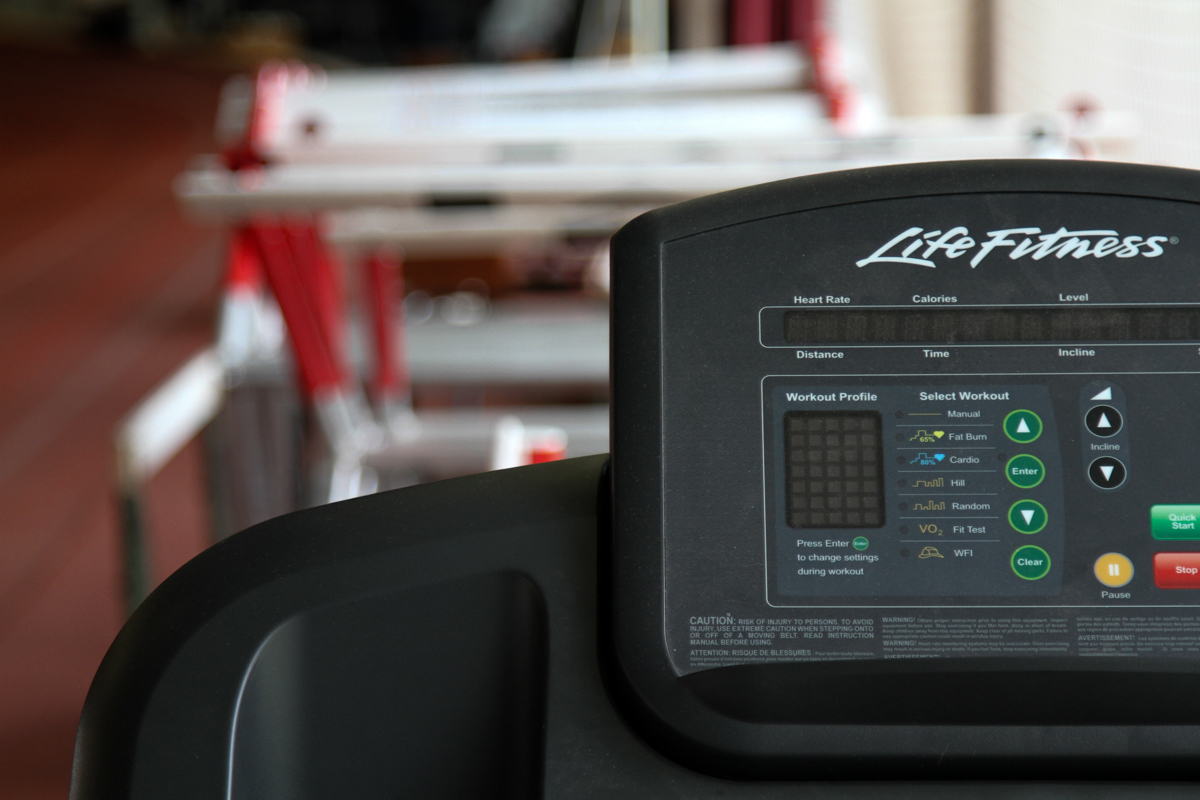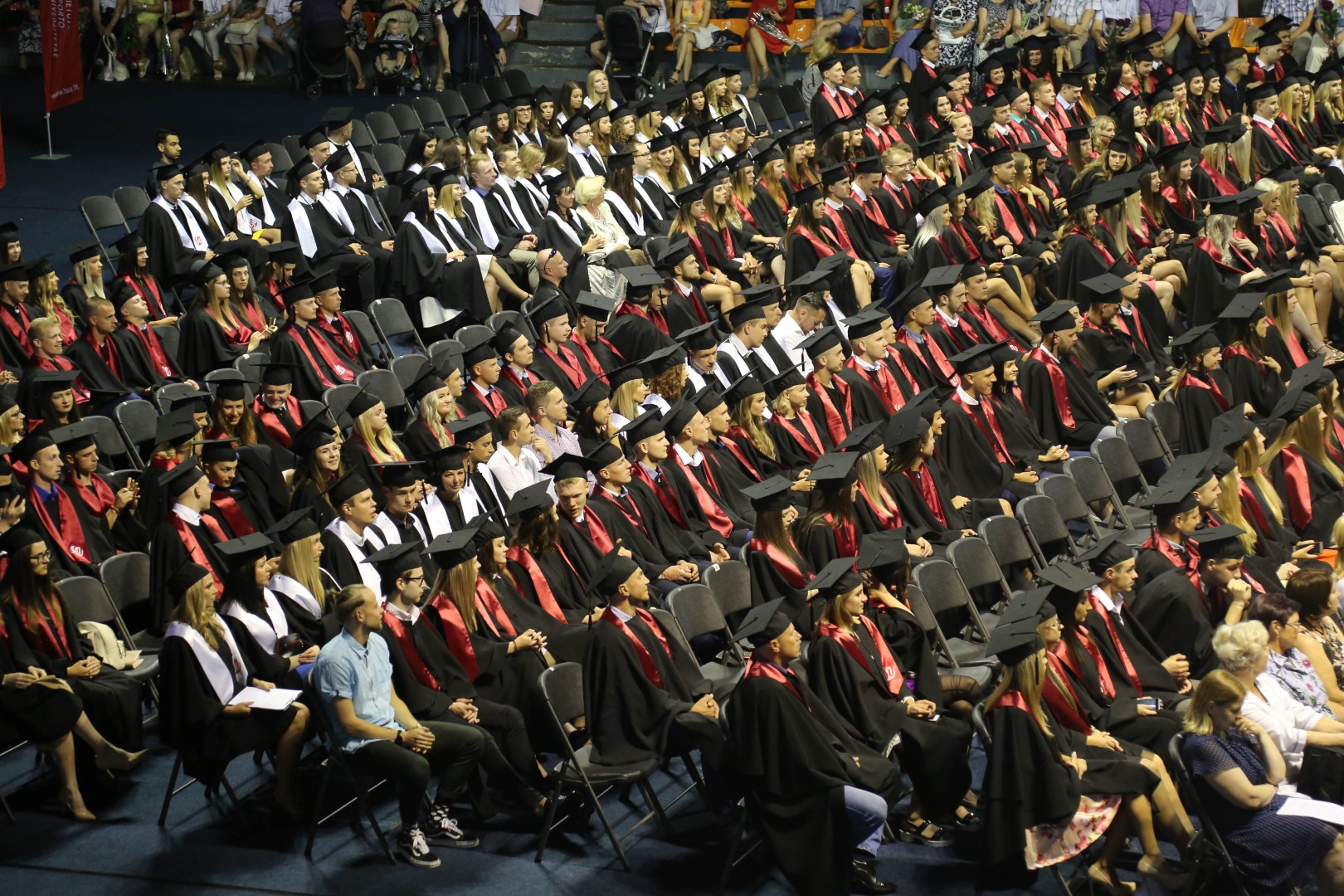While the country’s summer Olympians have led the way in some sports and taken home trophies over the past thirty years, not a single Lithuanian has won a medal at the Winter Olympics since the restoration of independent Lithuania.
However, if we look back in history, Lithuania has had a few Olympic winter heroes – although in the Soviet Union national team. Biathlete Algimantas Šalna became Olympic champion in 1984 in Sarajevo, Bosnia and Herzegovina, and cross-country skier Vida Vencienė won gold in 1988 in Calgary, Canada.
Šalna, who came out on top in the team relay, became the first Lithuanian biathlete to win a gold medal at the Olympic Games and the only Lithuanian biathlete to do so thus far.
“Our team definitely had something that the others didn’t. The difference was that our athletes were equally strong – not just one athlete, but four or even five were good. That’s why we won the Olympics, the World Championships and the World Cup. Other teams did not have so many athletes with such individual talent,” said the biathlete, who graduated from Lithuanian State Institute of Physical Education (now the Lithuanian Sports University, LSU) in 1985.
Šalna not only won the gold medal at the Sarajevo Winter Olympics, but also finished fifth in the individual 10 km race. Even more outstanding were his achievements at the World Championships, where he triumphed twice – in Antersalva (Italy) in 1983 and Ruhpolding (Germany) in 1985.
Despite a very successful three-year period, the Olympic champion still painfully remembers the events that prevented him from winning more top honours.
“There were always some things going on that prevented me from winning medals. In 1982, at the World Championships in Minsk, I skated faster than all the biathletes in the world, and I could definitely have won a medal, if not in the 20-kilometre race, at least in the sprint. I was unable to do so because of some strange technical reasons – in the individual race I missed the target 8 times, and in the sprint I just stopped skating – although I missed the target only twice, I finished only 11th.
Then the championship in Italy in 1983. In the first 10km shoot-off I never missed a shot and I was informed that I was 40 seconds ahead of all the athletes, which meant that I could miss twice and win the World Championship. Now I regret that I was given that information – the current coaches certainly don’t do that anymore.
Knowing the situation in the shooting lane, I missed the first one, but then I hit three in a row. I aimed the last cartridge for 45 seconds because I was afraid to miss it. The people in the stands started shouting “Šalna, shoot!”. So I shot, missed and got two penalty laps. When I got to the finish line, I saw the seventh place, which meant that I was 42 seconds behind the first place”, said Šalna.
He retired from biathlon before Lithuania regained its independence. Shortly after, Šalna turned to coaching, spending several years at the helm of the Soviet Union’s women’s biathlon team, and then received a tempting offer.
In 1991, during a visit to the United States of America (USA), he was invited to become the head coach of the US biathlon team. The Olympic champion did not wait long – after consulting with his family, he decided to sign the contract and move across the Atlantic, where he would have the opportunity to raise biathlon from the ashes.
Šalna has coached athletes of the US National Team at four Winter Olympic Games – 1994 in Lillehammer (Norway), 1998 in Nagano (Japan), 2002 in Salt Lake City (USA) and 2006 in Turin (Italy). It was after the latter Games that the US national team coach decided to end his career as a professional coach.
“After the Turin Olympics, I said that’s it – I can’t coach the national team anymore. At the same time, I mentioned that I could coach, but at a different level,” the LSU alumnus shared his memories. – Then they asked me what I wanted to do. I said I wanted to run a shooting academy and train athletes to shoot well. It all worked out so that from 2006 until today I am still coaching and teaching kids how to shoot.”
“It may be embarrassing to brag, but probably 90% of the biathletes in the USA – past, present or still growing – they all pass through my hands. Whether it’s a two-day camp or eight years of preparation. I know them all, they know me, so I hope that the results of the US biathletes will only grow,” said Šalna.
A record number of biathletes from Lithuania went to the Beijing Olympic Games. There are five representatives of this sport in China – Vytautas Strolia, Tomas Kaukėnas, Karolis Dombrovskis, Linas Banys and the only representative in the women’s competition, Gabrielė Leščinskaitė.
When asked how he assesses the chances of Lithuanians at the Beijing Olympics, Šalna remained positive. According to the LSU alumnus, some of his compatriots are already at the elite level, so we can definitely expect some unexpected surprises from them.
“When a Lithuanian biathlete finishes 21st in a competition, the internet is full of comments about why he is so bad… People who comment like that don’t understand competition – after all, the person who is first today will be 24th tomorrow and first again the day after. It means that if you can already be 24th, you might as well be first – Vytautas Strolia has already proved that with his high finishes.
These Olympics can have some very interesting and unpredictable outcomes, but we just don’t know. We see how strong and solid the Norwegians are. The Russians have very good athletes who can surprise at any time. The French, the Italians, the Germans, the Belarusians, the Lithuanians, the Estonians, the Slovenes, the Czechs and the Americans – they can all surprise,” said Mr Šalna.
The Olympic Games in Beijing will continue until 20 February. The next start for Lithuanian biathletes will be on 11 February, when G. Leščinskaitė will compete in the 7.5 km sprint.
Personal archive photo.




